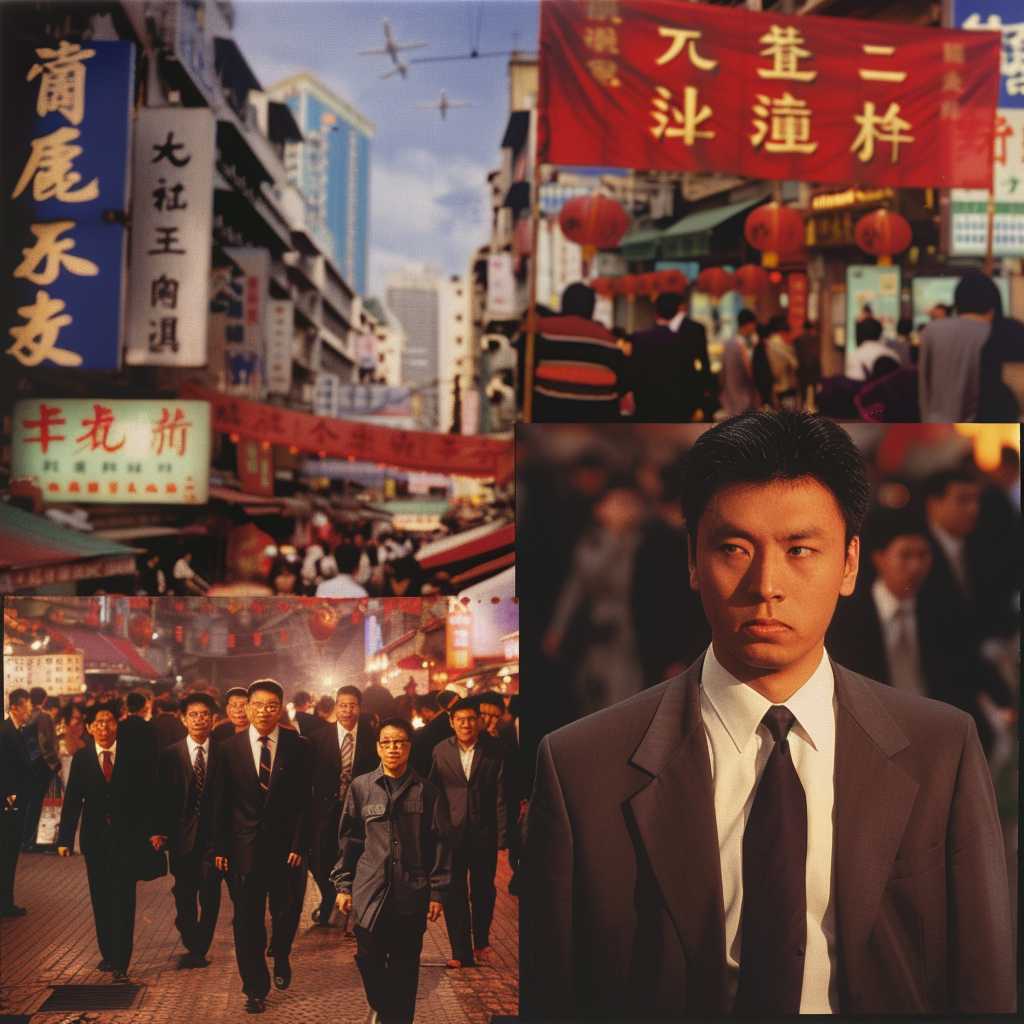The Phenomenon of China’s Golden Bachelors: An Exploration of Demographics and Social Implications
As China evolves socially and economically, a unique phenomenon in the nation’s demographics has gained visibility: the “Golden Bachelors.” These are men, often with significant wealth and education, yet facing challenges in finding spouses. This article delves into the peculiar social landscape these men navigate while discussing the causes, implications, and potential solutions for the disparity that gives rise to this phenomenon.
Understanding Golden Bachelors: Profile and Characteristics
Golden Bachelors refer to a group of Chinese men who are typically in their late twenties to forties, hold university degrees or higher, have flourishing careers, and possess substantial financial resources. Despite these enviable traits traditionally deemed attractive in a marriage partner, these men remain unmarried.
Socioeconomic and Cultural Factors Driving the Golden Bachelor Trend
Several factors contribute to the emergence of Golden Bachelors. One crucial element is China’s one-child policy (recently relaxed), effectively skewing the gender ratio with significantly more men than women in the population due to a preference for male heirs. Consequently, there’s substantial competition for spouses among men—particularly acute for those not fitting the conventional model of attractiveness despite their assets.
Moreover, as China’s economy surged, educational and employment opportunities have transformed societal expectations. The progressing ambitions of Chinese women now mean that wealth alone isn’t sufficient to attract a spouse. Instead, contemporary women also seek emotional compatibility, shared values, and lifestyle synchronicity.
Geographic Division: Urban Prosperity Versus Rural Conundrum
There is a striking urban-rural divide behind this issue. Men experiencing success in major cities like Beijing or Shanghai are often lauded as Golden Bachelors, while many rural men struggle to find partners due to their geographical and economic circumstances. In some rural areas where traditional matchmaking still prevails, the scarcity of women has led to increased dowry prices, further complicating marriage prospects.
Addressing the Imbalance: Government Interventions and Social Change
The Chinese government and various organizations have initiated efforts to address this imbalance. From hosting large-scale matchmaking events to promoting more egalitarian views on marriage, there is significant pushback against dated conventions. Recognizing the social stability risk posed by millions of single men unable to find spouses, significantly more comprehensive efforts might be required.
Impact on Social Dynamics and Psychosocial Health
The implications of this imbalance impact both genders but bring unique pressure on Golden Bachelors. Societal expectations dictate that they should harness their resources to find a match easily. However, when success in this arena eludes them despite professional triumphs, it can lead to feelings of inadequacy and disillusionment.
Furthermore, traditional societal structures offer limited support for single individuals compared to families. A man’s unmarried status could lead to exclusion or diminished influence within social circles that value family life’s structures and connections.
Global Context: How Unique Is China’s Situation?
While China’s situation with Golden Bachelors holds distinct aspects tied to its one-child policy aftermath and specific culture drifts, phenomena resembling this can be seen globally. Societies worldwide grapple with demographic imbalances due to gender-specific behaviors, different rates of socioeconomic advancement amongst variants of population groups balanced against cultural expectations.
Implications for Future Generations
What transpires today with China’s Golden Bachelors may inform tomorrow’s demographic remediations. Global observers are keen to learn from how China tackles these issues, as increasing worldwide travel and economic linkage could see echoes of these problems transnationally if left unchecked or addressed ineffectively.
Notes
Image description: A stock photo montage showing various scenes depicting Golden Bachelors encountering different situations: a crowded matchmaking event with banners in Chinese characters; affluent single young men in business attire introspectively walking through bustling city landscapes; rural settings where groups of hopeful bachelors gather in communal spaces; diagrams indicating demographic statistics related to gender imbalances in China; symbolic imagery such as an unbalanced scale representing the male-to-female ratio at marriageable age.
